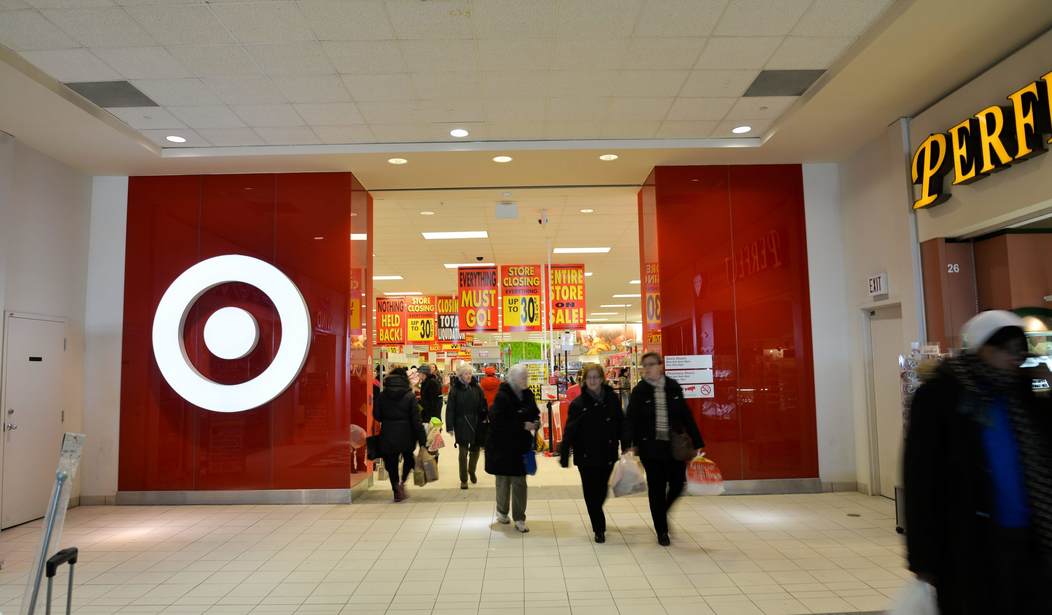Amid financial woes, Target announced this week that it will spend $20 million to add a private, unisex bathroom to each of its stores by 2017. Most of the retail giant’s 1,797 stores already have these single-occupancy restrooms, but the $20 million will extend the option to the 297 stores that don’t. The decision comes after customer protests about its policy allowing transgender people to use their preferred bathrooms reached a fever pitch.
The American Family Association (AFA), which launched a boycott of the retail giant in April, said it will continue the boycott and that Target’s announcement is a distraction from the company’s economic troubles. The boycott currently has over 1.4 million signatures. Despite originally suggesting private bathrooms for transgender people, AFA said this announcement does not satisfy their concerns.
“Target’s announcement that it is installing unisex bathrooms does nothing to address the objections of more than 1.4 million customers who are boycotting the retail giant,” Edward Vitagliano, executive vice president of AFA, told PJ Media in an email statement. “In its initial announcement of the boycott, AFA did suggest single-occupancy, unisex bathrooms as a way to help the retailer’s transgender customers.”
Importantly, Vitagliano added, “We do not feel that the transgender community poses a threat to other shoppers.” Rather, “our major concern was that Target’s policy would grant voyeurs and sexual predators easier access to their victims by allowing men in women’s restrooms and changing areas, which puts women and girls in danger.”
While adding unisex bathrooms may be an improvement, Target still allows men who claim to identify as women into women’s restrooms. “Unisex bathrooms are fine, but Target must maintain the gender-specific bathrooms as well — if the company is interested in guaranteeing the safety and privacy of women and girls who patronize the retailer’s stores.”
Vitagliano insisted that the boycott will only end when the company can guarantee this safety and privacy. “AFA’s boycott will remain in place until Target agrees that protecting the safety and privacy of women and children is of paramount concern.”
In comments to One News Now, AFA officials argued that Target’s announcement “was likely timed to generate positive news from critics of the bathroom policy and deflect from the dismal financial news.”
Next Page: What dismal financial news? And evidence women and children are actually being preyed upon.
Indeed, on Wednesday, The Wall Street Journal reported that Target’s same-store sales fell for the first time in more than two years.
THIS JUST IN- @Target Update: Transgender Bathrooms Bad for Business https://t.co/6llf5MNHDf #txlege pic.twitter.com/IJn3DQpPOk
— Texas Values (@txvalues) August 18, 2016
The retailer’s finance chief, Cathy Smith, said the move toward private bathrooms was a response to “customers voicing displeasure over the company’s bathroom policy,” but she insisted that this discontent “hadn’t had a material impact on sales.” If not, how does the company explain its decision to invest a sum as large as $20 million to quell discontent?
Despite claims by the transgender movement, many men have indeed used Target’s lax bathroom policy to prey on women and girls. A 49-year-old Idaho Falls resident, Sean P. Smith, who also goes by the name “Shauna Patricia Smith,” was arrested on one count of felony voyeurism after taking pictures of a woman in the dressing room of a Target store in July. AFA has a long list of such abuses, which have happened at Target stores in Seattle, Wash., San Jose, Calif., Frisco, Tex., and Revere, Mass., among other places across the country.
Again, AFA is not saying that the transgender community is the problem — only that the lax pro-LGBT policy Target adopted opens the doors to such disgusting voyeurism. That’s why they’re not letting this small victory get to their head, and why they won’t let the $20 million decision overshadow Target’s financial woes.









Join the conversation as a VIP Member